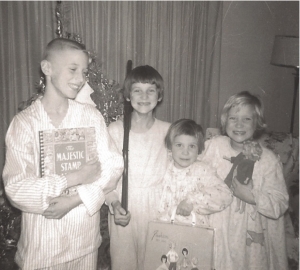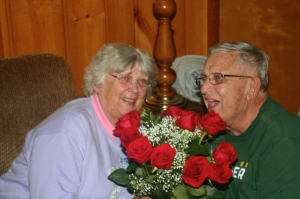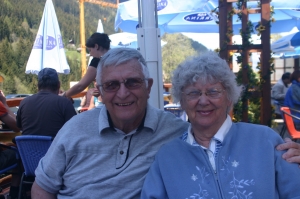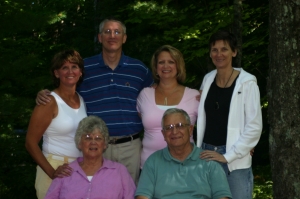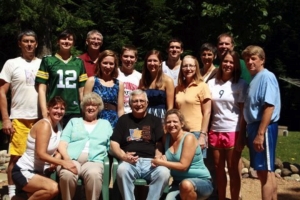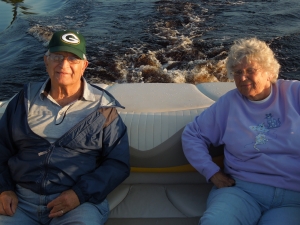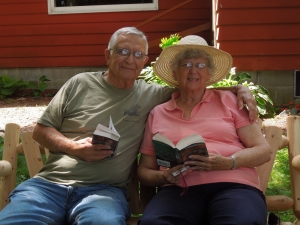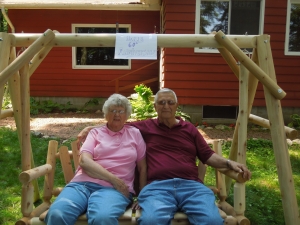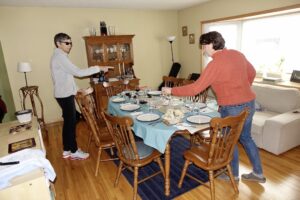 This Thanksgiving will be a different kind of celebration with same meaning as ever. Traditionally Native Americans saved Pilgrims from starvation back in 1620 by teaching them to tap maple trees, plant corn and fertilize soil.
This Thanksgiving will be a different kind of celebration with same meaning as ever. Traditionally Native Americans saved Pilgrims from starvation back in 1620 by teaching them to tap maple trees, plant corn and fertilize soil.
T-giving has always been a day of gathering bounty from fields, sharing with others, and giving thanks. However, this year, due to the pandemic, families should celebrate separately, which to Americans sort of defeats the whole purpose of T-day.
Ever since I moved to Europe forty years ago, I have been trying to thank my European hosts for accepting me into their countries. But not matter how I try to explain it, they remain bewildered by our Thanksgiving, a journée de remerciements. They think it is the only day of the year where Americans prepare a hot meal and eat slow food.
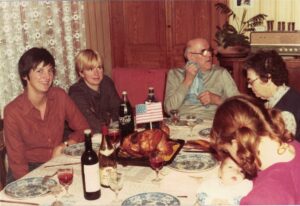 My first year abroad I invited French teammates and they ate the food in courses, one dish at a time. The next year in Germany, the team turnout was so great, there was standing room only; we never sat down to dine. Another year French relatives replaced the giant Tom Turkey with Chicken Little. Now living in Switzerland off I go again every November on the Great Turkey Hunt through the Swiss Alps.
My first year abroad I invited French teammates and they ate the food in courses, one dish at a time. The next year in Germany, the team turnout was so great, there was standing room only; we never sat down to dine. Another year French relatives replaced the giant Tom Turkey with Chicken Little. Now living in Switzerland off I go again every November on the Great Turkey Hunt through the Swiss Alps.
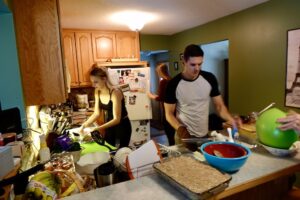 Last year I didn’t have to explain anything when Gerald and I celebrated our first extra special Thanksgiving in the states with our kids and sister and her family. My brother in law smoked a turkey, my son and daughter in law made a British speciality Yorkshire pudding, my niece added a broccoli salad. My sister brought the traditional pumpkin pie and my daughter contributed a gluten free apple crumble.
Last year I didn’t have to explain anything when Gerald and I celebrated our first extra special Thanksgiving in the states with our kids and sister and her family. My brother in law smoked a turkey, my son and daughter in law made a British speciality Yorkshire pudding, my niece added a broccoli salad. My sister brought the traditional pumpkin pie and my daughter contributed a gluten free apple crumble.
This year still in recovery from brain injury and like so many others dealing with Covid depression; I lament to my psychotherapist, “I am so sad, I can’t see family.”
“But isn’t the meaning of the Thanksgiving holiday to give thanks?” she reminds me. “Can you reframe your perspective and focus on what you do have to be grateful for?”
“Even though you can’t see your family, are they safe? Healthy?” She asks. “Is your husband still with you? Are you recovering?”
So many people have lost cherished family members and dear friends. Thanksgiving 2020 must be marked in different ways. I will start by celebrating with my loved ones in a Zoom call to surprise my parents.
At a safe distance separated from each other one end of an extended to hold a dozen people we will social distance and share a simplified T-Day. We will lift our glasses with a neighbor couple, part of our pod here, and I will whisper thanks for :
1. Health care workers worldwide who continue to battle a devastating pandemic.
2. Family who remain steadfast and loving for the long haul.
3. Friendships that sustain my spirit in hard times.
4. Frenchman – my life partner who picks me and puts me together after every fall.
5. Internet that instantly connects me between continents, cultures and time zones.
6. Words- books, cards, emails, calls that keep us connected especially now when we cannot reach out physically,
7. Summit Lake a place to dream of returning one day where sacred waters restore my soul.
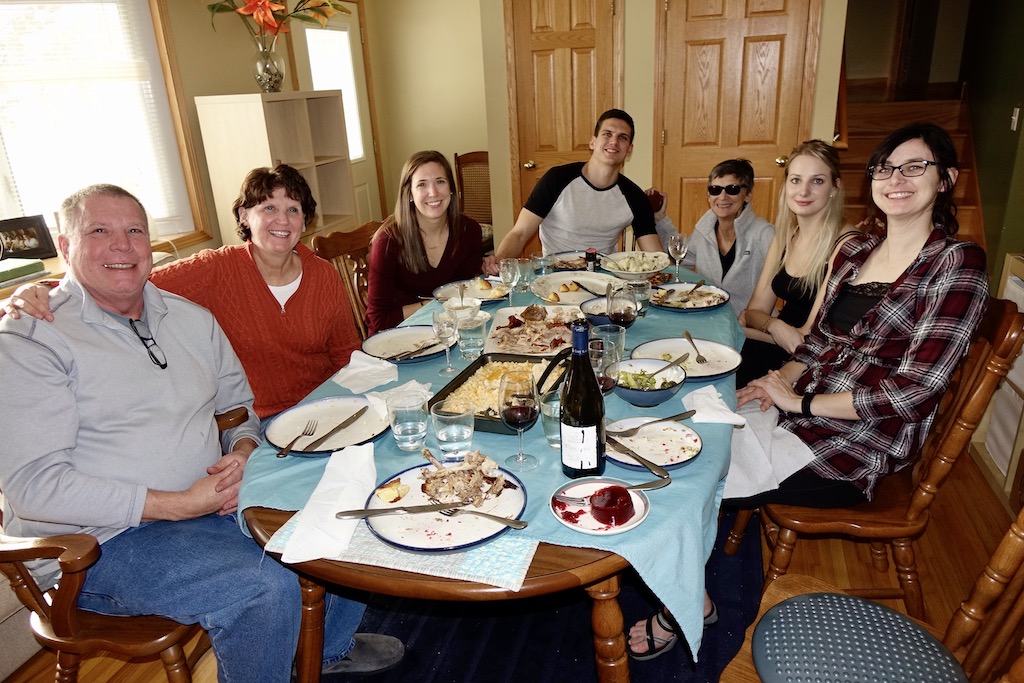
This year in our modified Thanksgiving, we won’t dine on a whole Tom Turkey, just a turkey breast and though it will be a small, subdued celebration unlike the big noisy gatherings of Thanksgivings growing up in America, the blessings will be the same. The bird is secondary. It’s the stuffing — family, friends and memories — sharing and caring — that sustains me.
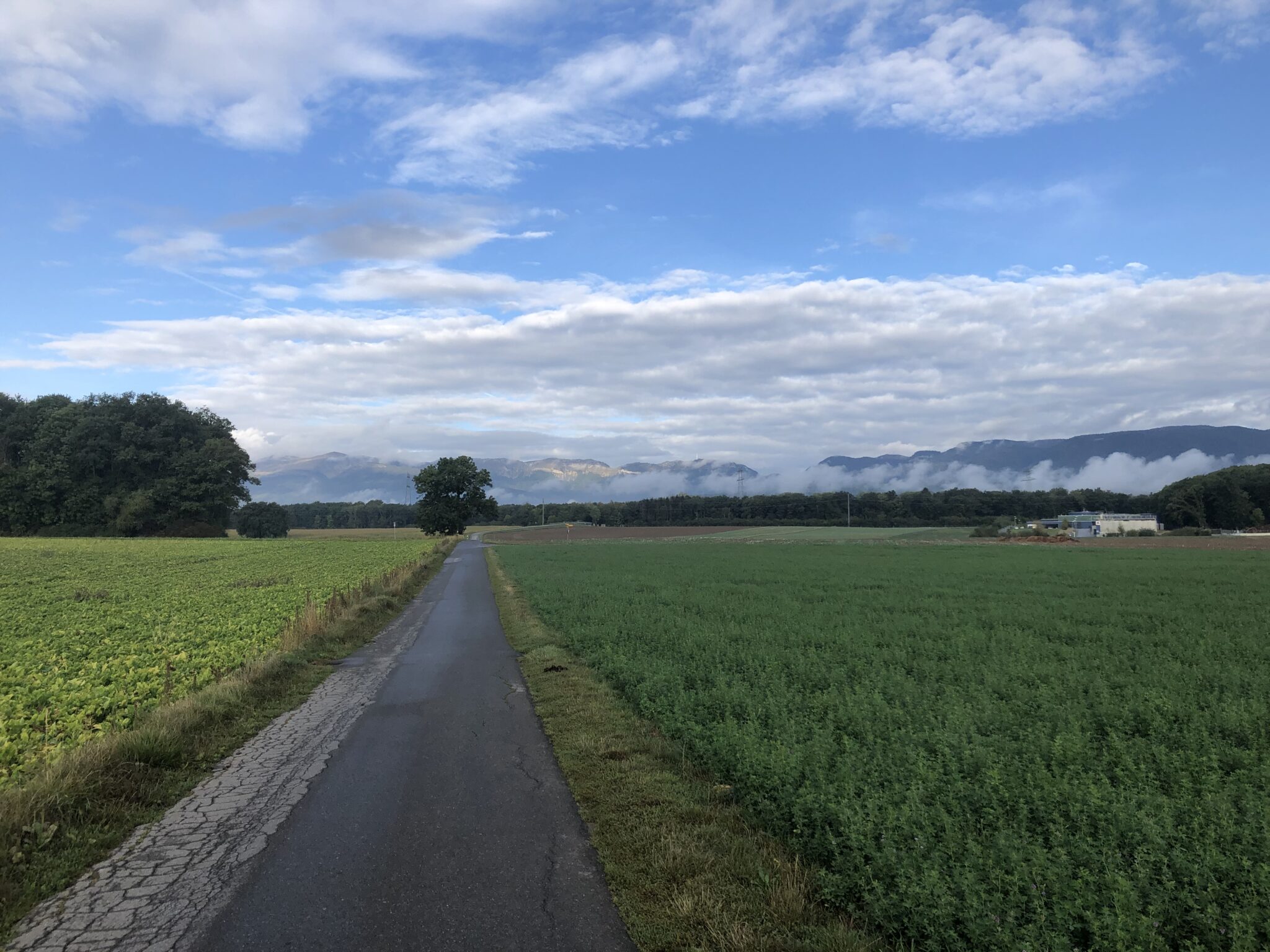
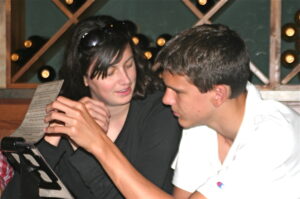 As Covid rises around the globe, and holiday plans are derailed again, we wonder when we will be reunited with loved ones, but for expats living abroad, the pain of separation is magnified by distance. I ache to be with my family so much it feels like a limb is missing.
As Covid rises around the globe, and holiday plans are derailed again, we wonder when we will be reunited with loved ones, but for expats living abroad, the pain of separation is magnified by distance. I ache to be with my family so much it feels like a limb is missing.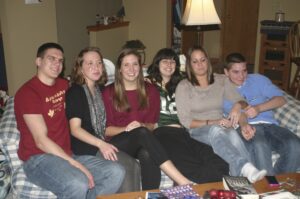
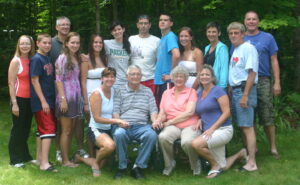
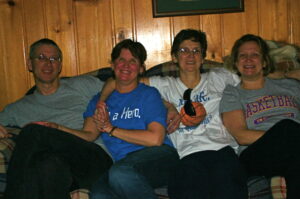
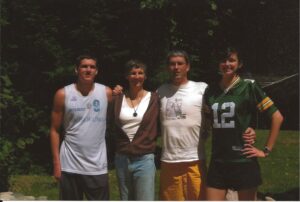
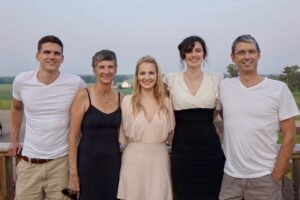
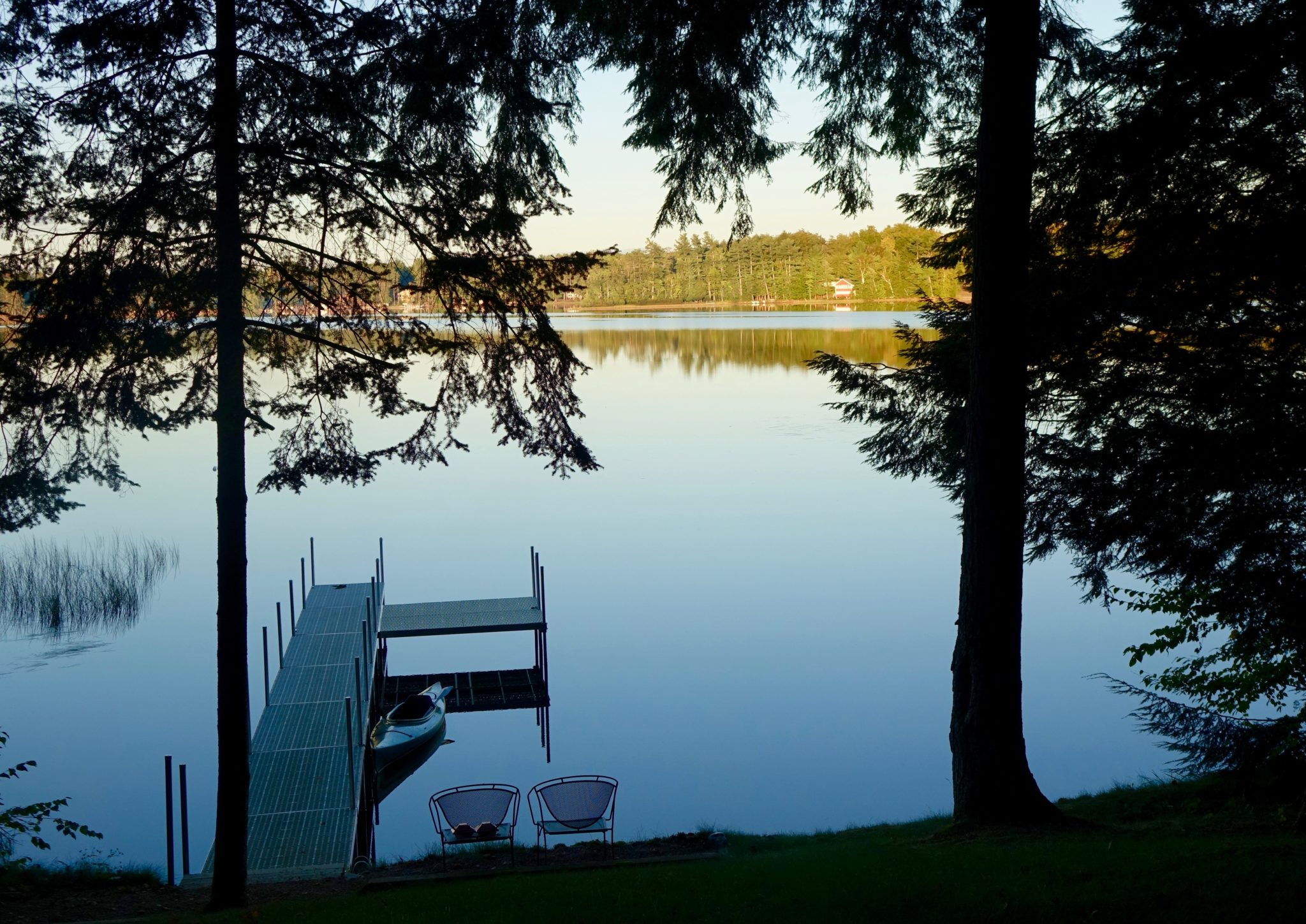
 We used to be the only cabin on our side of the lake and I liked it that way, but when people built cottages next door, I discovered Summit Lake’s beauty magnifies when shared.
We used to be the only cabin on our side of the lake and I liked it that way, but when people built cottages next door, I discovered Summit Lake’s beauty magnifies when shared.
 The lake ‘hood children have grown up becoming doctors, nurses, plumbers, firemen and teachers. If the “kids” were ever Up North at that same time, we would have a “cabin” town of skilled professionals to cope with any illness, injury, wildfire, flooded basement, or backed up toilet.
The lake ‘hood children have grown up becoming doctors, nurses, plumbers, firemen and teachers. If the “kids” were ever Up North at that same time, we would have a “cabin” town of skilled professionals to cope with any illness, injury, wildfire, flooded basement, or backed up toilet. boat.
boat.


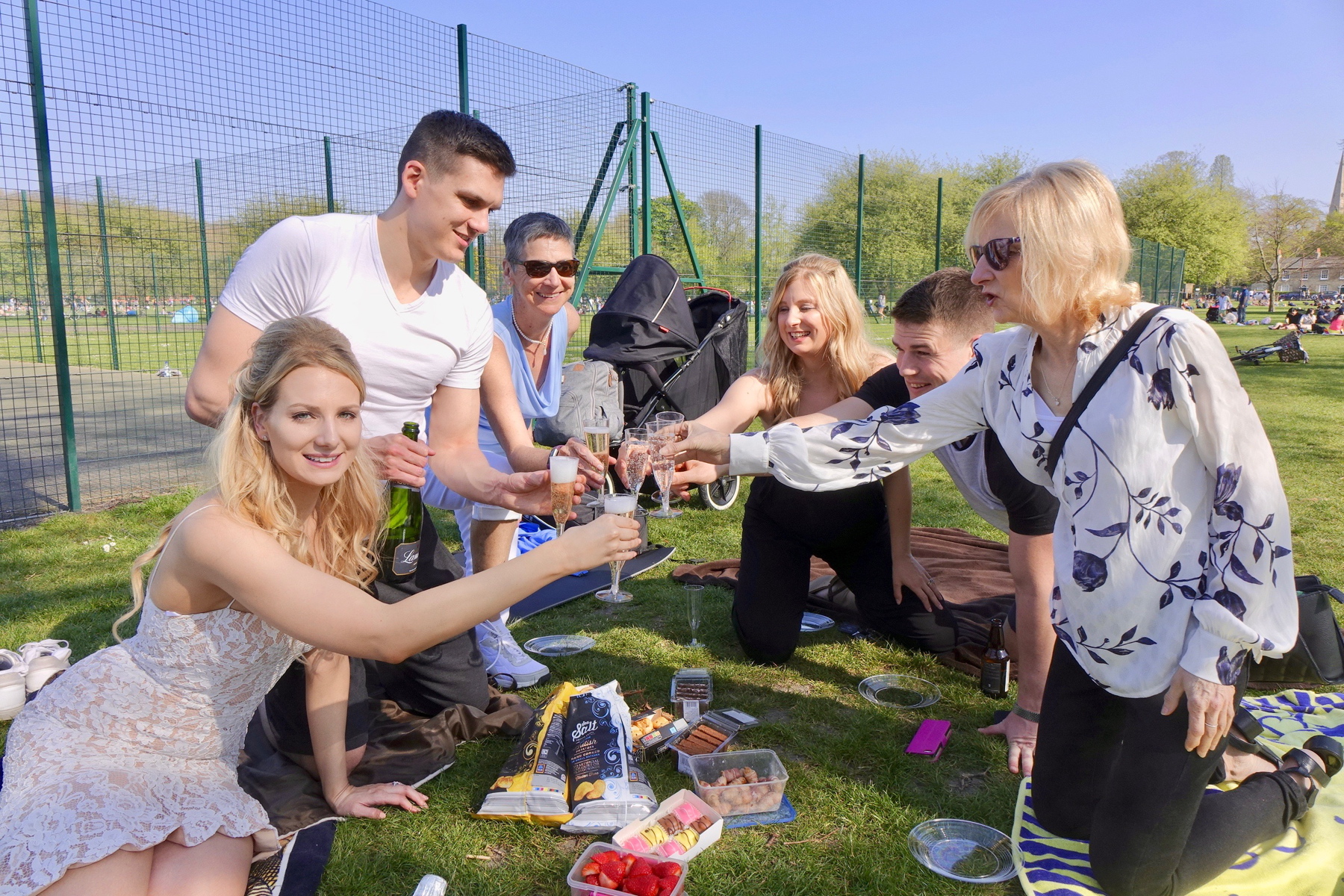
 When my son’s British fiancé told us we were celebrating their engagement by going punting in Cambridge, I imagined kicking the pigskin around a ballpark. But the English don’t play American football. Then I thought it must have something to do with rugby, as her brother-in-law is an avid rugby man.
When my son’s British fiancé told us we were celebrating their engagement by going punting in Cambridge, I imagined kicking the pigskin around a ballpark. But the English don’t play American football. Then I thought it must have something to do with rugby, as her brother-in-law is an avid rugby man. A person navigates by standing on the till (known as the deck) at the back, not paddling, but poling. It looks easy. It’s not. Imagine trying to propel a dozen hefty passengers forward by pushing off the river bottom with a pole vault stick.
A person navigates by standing on the till (known as the deck) at the back, not paddling, but poling. It looks easy. It’s not. Imagine trying to propel a dozen hefty passengers forward by pushing off the river bottom with a pole vault stick.
 “On your right is St. John’s,” our guide said, “one of the oldest and most celebrated colleges in Cambridge.”
“On your right is St. John’s,” our guide said, “one of the oldest and most celebrated colleges in Cambridge.”










